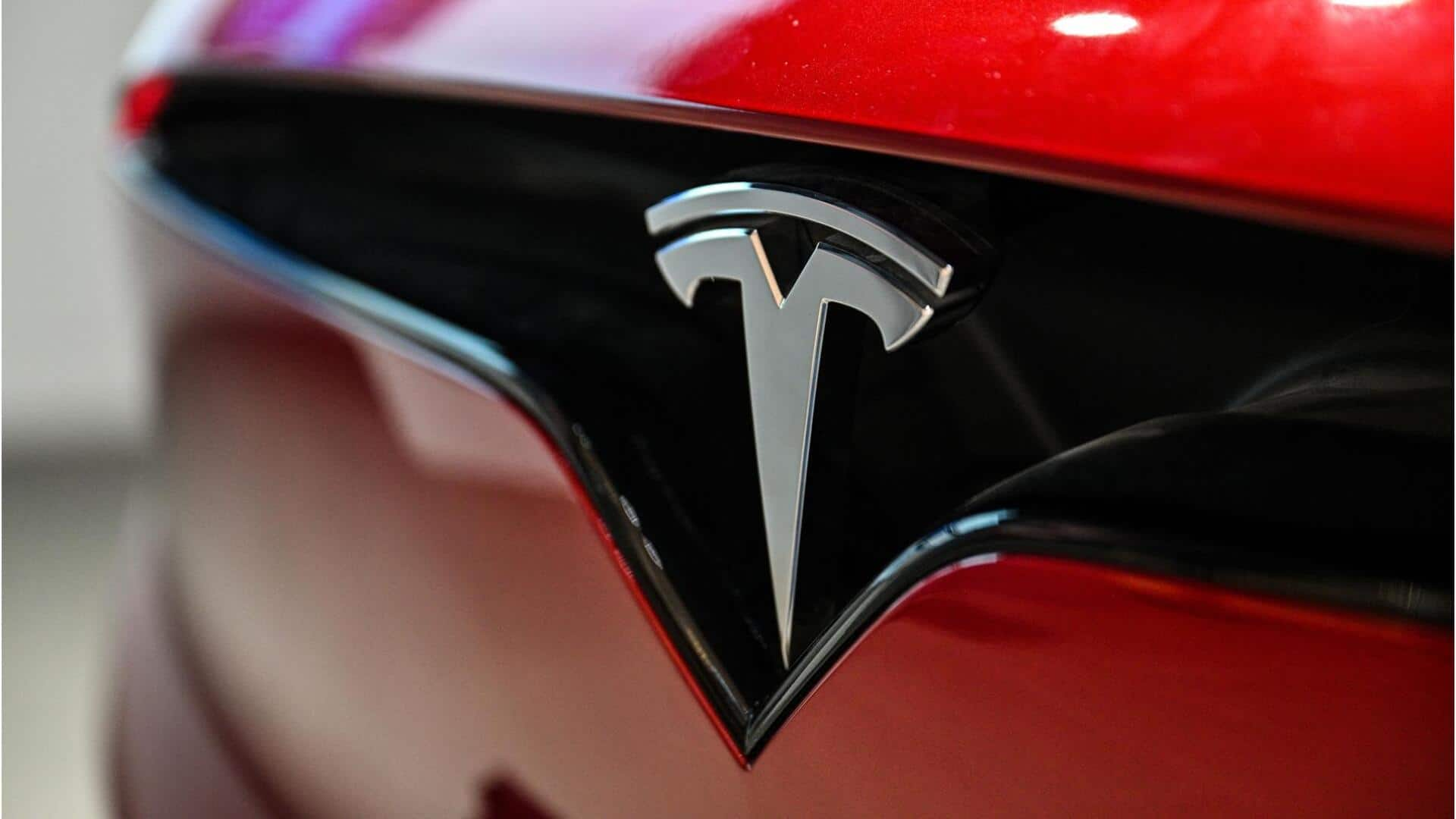
Tesla seeks to overturn $243M verdict in Autopilot crash case
What's the story
Tesla has filed an appeal against a jury's decision that found the company partially liable for a fatal crash involving its Enhanced Autopilot system. The automaker is seeking either to have the verdict overturned or to have a new trial conducted. Earlier this month, the jury ordered Tesla to pay $242.5 million as part of a total of $329 million in damages to compensate the family of the deceased and an injured survivor.
Legal strategy
Tesla's appeal seeks reduction in damages awarded
Tesla's appeal, represented by law firm Gibson Dunn, argues that the compensatory damages in this case should be reduced from $129 million to a maximum of $69 million. This would mean Tesla would only have to pay a $23 million award if the previous verdict, which held the company partially liable for the crash, stands. The firm also contends that punitive damages should either be eliminated or reduced to at most three times compensatory damages due to Florida's statutory cap.
Incident details
Lawsuit stems from a fatal crash in 2019
The lawsuit stems from a 2019 crash in Key Largo, Florida, where George McGee was driving his Tesla Model S sedan on Enhanced Autopilot. He dropped his mobile phone while driving and thought the system would brake if an obstacle was detected. However, the car sped through an intersection at over 97km/h, hitting a parked car and its owners standing on the other side. The incident killed 22-year-old Naibel Benavides and left her boyfriend, Dillon Angulo, severely injured.
Defense argument
Tesla's lawyers argue Model S had no design defects
In their appeal, Tesla's lawyers contend that the Model S vehicle had no design defects and even alleged ones couldn't be blamed for the crash. They say it was entirely caused by the driver. "Holding Tesla liable for providing drivers with advanced safety features just because a reckless driver overrode them cannot be reconciled with Florida law," the appeal states.
Verdict support
Plaintiffs' lead trial counsel says court will uphold previous verdict
Brett Schreiber, lead trial counsel for the plaintiffs in this case, said he believes the court will uphold the previous verdict. He emphasized that it shouldn't be viewed as "an indictment of the autonomous vehicle industry, but of Tesla's reckless and unsafe development and deployment of its Autopilot system." Schreiber added that "the jury heard all the facts and came to the right conclusion that this was a case of shared responsibility."